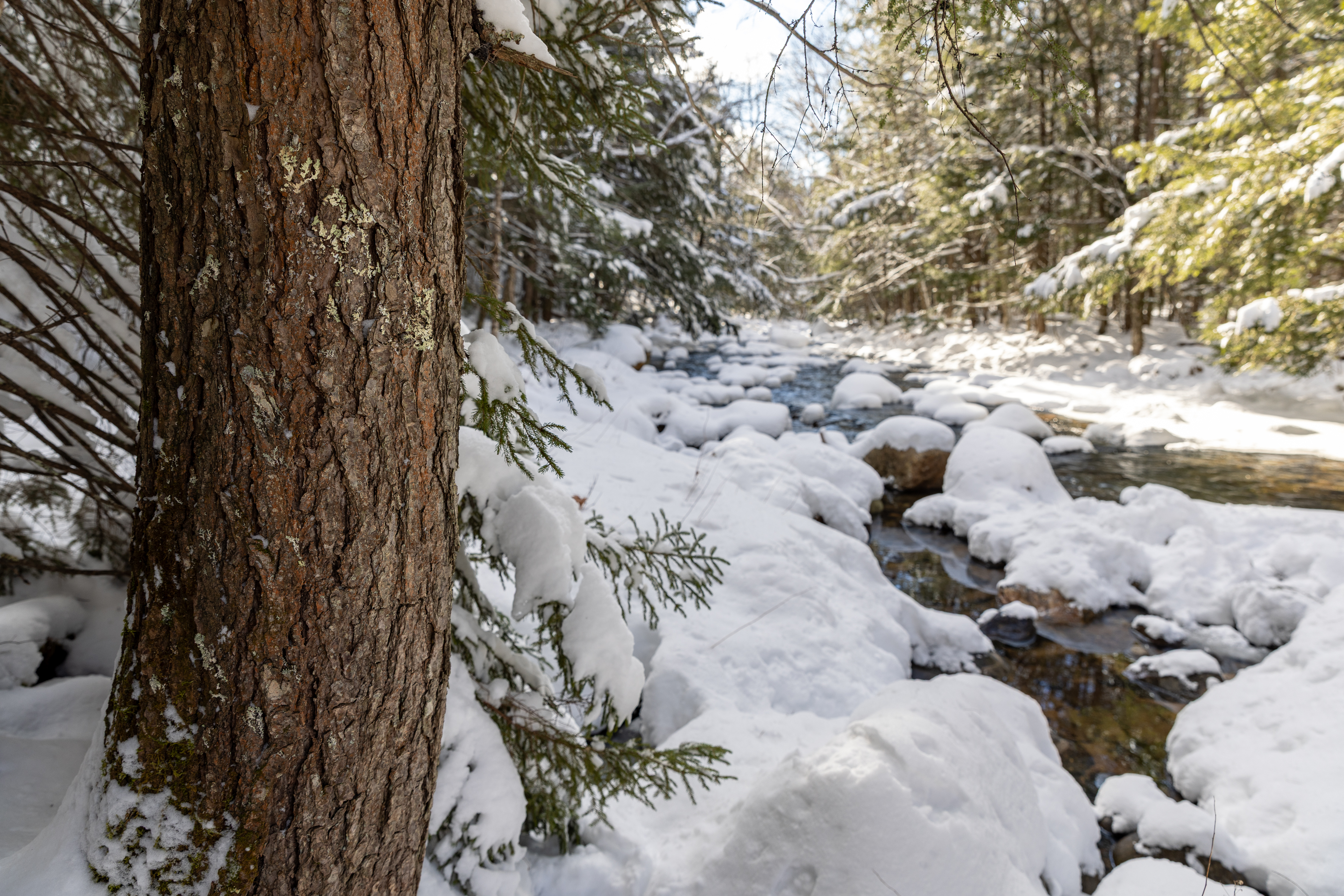As we discussed in the last edition of the Forest Advocate, the NH Legislature has been considering a bill, SB 324, which amends an old state law requiring approval of federal land acquisitions by the governor and executive council. The Forest Society, together with our partners at the Nature Conservancy and Appalachian Mountain Club, testified in opposition to this bill. Unfortunately, despite the efforts by several legislators, including Rep. Judith Spang, Rep. Suzanne Smith, Sen. Martha Fuller Clark and Sen. David Watters, both the House of Representatives and the Senate have now passed versions of it. While differences exist between the versions, this legislation would compromise private property rights and add an unnecessary (and arguably unconstitutional) state government regulatory burden to land conservation statewide. If the bill reaches Gov. Hassan's desk, we hope she will veto it.
Bill supporters say it just updates an existing law (RSA 121) and even if the Legislature does nothing, the underlying law would still require the Governor and Council to authorize certain federal land acquisitions. In their view, the bill simply clarifies the procedural steps which the State must do in order to approve such acquisitions. We respectfully disagree and would point out its onerous impacts on private landowners and on conservation efforts in our state such as:
- RSA 121 already restricts the amount of land that can be owned by the federal government to 2% of the total land area in the State (exempting the White Mountain National Forest) and 5% of the assessed value of any municipality. Under SB 324’s dictates, any easements held primarily by the federal government and any new land added to the White Mountain National Forest will be included in the calculation of that 2% threshold. Including those kinds of easements, like the USDA’s Agricultural Conservation Easement Program, means the 2% cap will be reached much quicker and likely means that communities, farmers and land trusts may no longer be able to rely on federal support to undertake critical conservation projects.
- Supporters pointed to several existing federal laws that prohibit federal agencies from acquiring lands until the state in which the property is located has approved such a transaction. For example, 16 USC 715f states that “no deed of instrument of conveyance in fee shall be accepted by the Secretary of the Interior unless the State in which the area lies shall have consented by law to the acquisition by the United States of lands in that State.” However, those federal laws place obligations on federal agencies; they do not grant or authorize the State to intervene in a transaction between a willing, private landowner and the federal government.
- In fact, the New Hampshire Attorney General’s office testified they judge this bill to be an infringement on constitutional private property rights. In the opinion of the Attorney General, the State does not have the power to interfere with sales of land or easements by private landowners, even if the sale is to the federal government.
- The bill also requires a parcel targeted for conservation to be assessed at “its highest and best use." If it becomes law, municipalities would be forced to re-assess all the land in that community in order to determine if the 5% assessed value limit has been reached. Is this requirement an unfunded mandate?
The Senate has asked for a Committee of Conference with the House in order to address the differences between the versions of the bill each body passed. The meeting of this conference committee has not been scheduled yet but we will continue to keep you updated on the status of SB 324.
